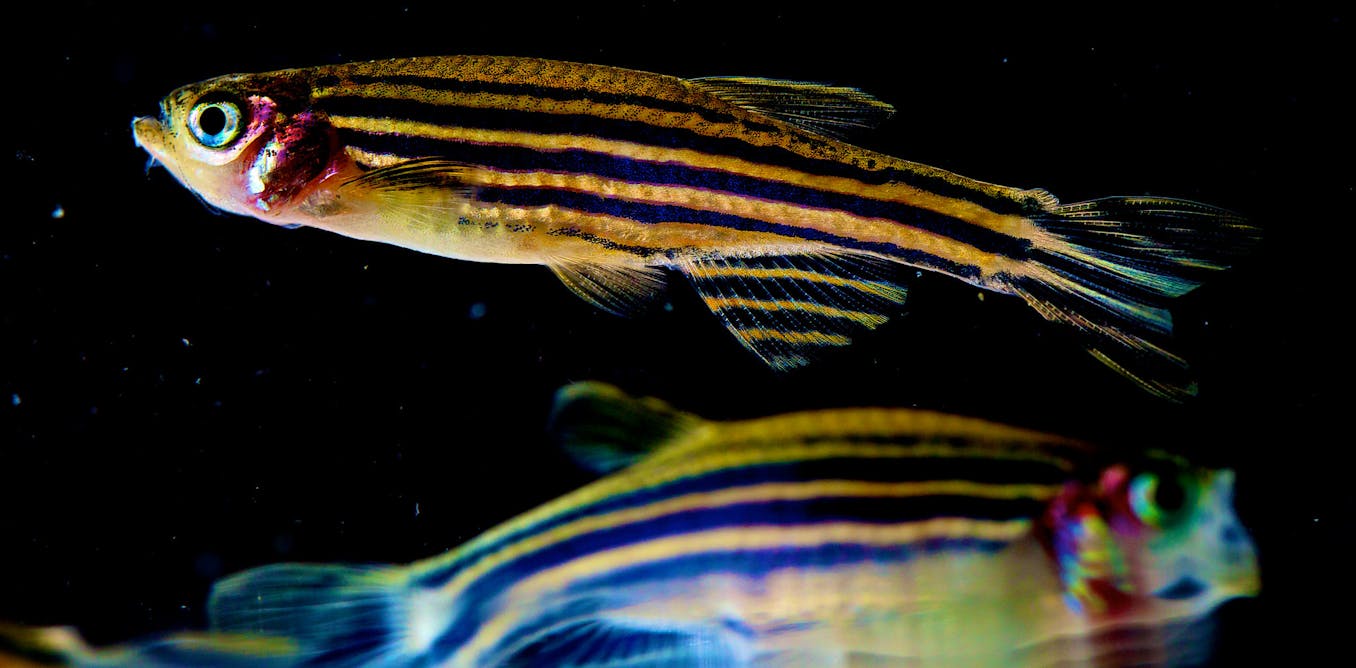Transplanting insulin-making cells to treat Type 1 diabetes is challenging − but stem cells offer a potential improvement
Type 1 diabetes develops when the body destroys its own insulin-producing cells. Using stem cells to replace them could be a way to get around donor shortages and transplant complications.
Vinny Negi, Research Scientist in Endocrinology and Metabolism, University of Pittsburgh •
conversation
Nov. 20, 2024 • ~8 min
Nov. 20, 2024 • ~8 min



